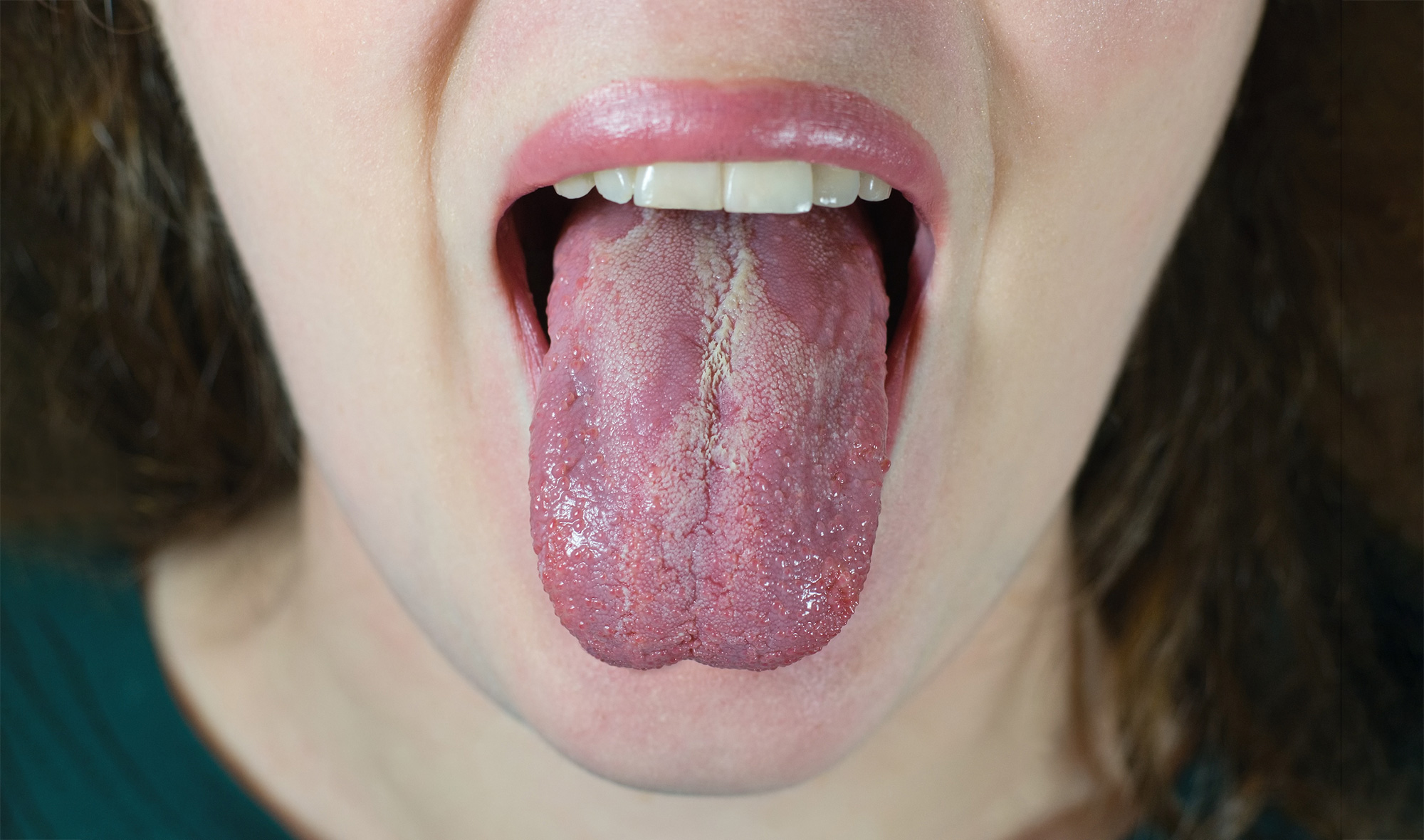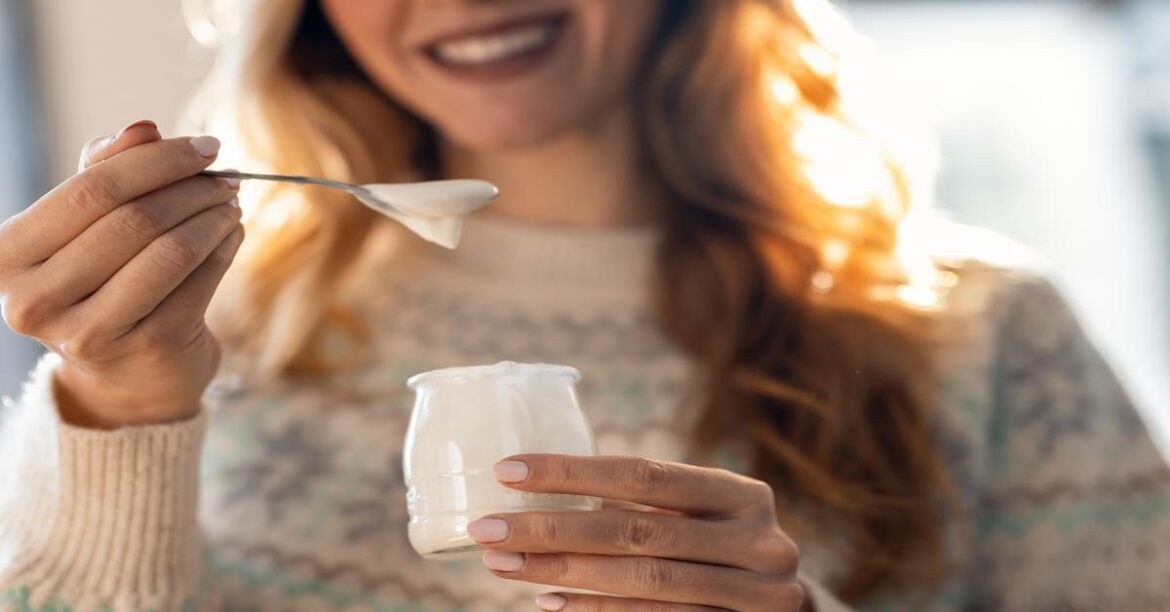Can Probiotics Help With Thrush? What You Need to Know
Thrush, a common fungal infection caused by the overgrowth of Candida, affects millions worldwide, particularly those with compromised immune systems like HIV/AIDS patients and the elderly. Probiotics have gained attention for their role in gut health and potential impact on managing thrush. In this article, we will explore the relationship between probiotics and thrush, examining how they may help in prevention and treatment.
Understanding Thrush
Thrush is defined as an infection caused by the overgrowth of the Candida fungus, often occurring when the body’s normal bacterial balance is disrupted due to factors such as antibiotics, diabetes, or immunosuppression. Common symptoms include white patches in the mouth (oral thrush) or a white, cottage cheese-like discharge in the vagina (vaginal thrush). Addressing thrush promptly is essential to prevent complications.
The Role of Probiotics
Probiotics are live microorganisms that confer health benefits when administered in adequate amounts, particularly in maintaining gut health and supporting immune functions. Strains such as Lactobacillus and Bifidobacterium are commonly used, with specific strains like Lactobacillus reuteri and Lactobacillus rhamnosus showing potential benefits in managing thrush.
How Probiotics May Help with Thrush
Scientific evidence supports the use of probiotics for managing Candida overgrowth. Probiotics may inhibit Candida growth by competing for resources and producing antimicrobial substances. While more research is needed, some studies suggest probiotics can be beneficial in preventing thrush.
Choosing the Right Probiotic
When selecting a high-quality probiotic supplement, it is crucial to consider strain specificity. Look for products containing strains like Lactobacillus and Bifidobacterium that are known for their benefits against yeast infections. Dosage recommendations typically range from 1-10 billion CFUs per day, but it is best to consult with a healthcare provider for personalized advice.
![]()
Additional Strategies for Managing Thrush
In addition to probiotics, dietary changes and lifestyle modifications can help manage thrush. Incorporating foods rich in probiotics, such as yogurt and kefir, may support beneficial microbiota balance. Antifungal medications are often necessary for treating active infections, particularly in severe cases or for immunocompromised individuals. Always consult a healthcare provider for personalized advice.
Potential Side Effects and Considerations
While probiotics are generally safe, some individuals may experience gastrointestinal discomfort. Those with compromised immune systems should be cautious and consult their healthcare provider before starting any new supplement.
Conclusion
In summary, probiotics may offer potential benefits for managing thrush by supporting gut health and inhibiting Candida growth. Taking proactive steps in your health journey, including considering probiotics, can help you effectively manage thrush.
Have you tried probiotics for thrush? What benefits have you noticed? Share your experiences in the comments below, and don’t forget to subscribe for more health-related content!

References
- MedlinePlus. “Thrush.” Available at: https://medlineplus.gov/ency/article/000626.htm. Accessed on March 13, 2025.
- Frontiers in Nutrition. “Probiotics and Their Role in Managing Thrush.” Available at: https://www.frontiersin.org/journals/nutrition/articles/10.3389/fnut.2024.1355542/full. Accessed on March 13, 2025.
- WebMD. “What is Thrush?” Available at: https://www.webmd.com/oral-health/what-is-thrush. Accessed on March 13, 2025.
- NHS. “Thrush in Men and Women.” Available at: https://www.nhs.uk/conditions/thrush-in-men-and-women/. Accessed on March 13, 2025.
- Healthline. “Understanding Thrush: Causes, Symptoms, and Treatment.” Available at: https://www.healthline.com/health/thrush. Accessed on March 13, 2025.

